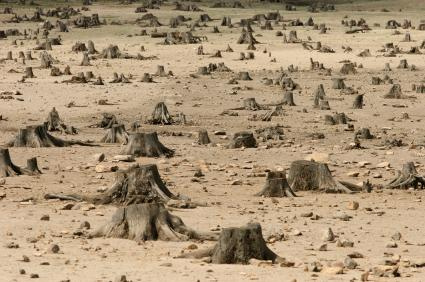Max Wilbert: What Would A Real Transition To A Sustainable Society Look Like?
By Max Wilbert / Deep Green Resistance Climate scientists are clear that modern human societies are changing the atmosphere of the planet, mainly by clearing forests, grasslands, wetlands, and other natural ecosystems for the purposes of development and logging and by burning fossil fuels such as coal, oil, and natural gas. These activities are releasing greenhouse gases and destroying natural greenhouse gas reservoirs. The result of all this activity is that the Earth is growing steadily warmer, year after year, and this is causing problems all over the world. ...
